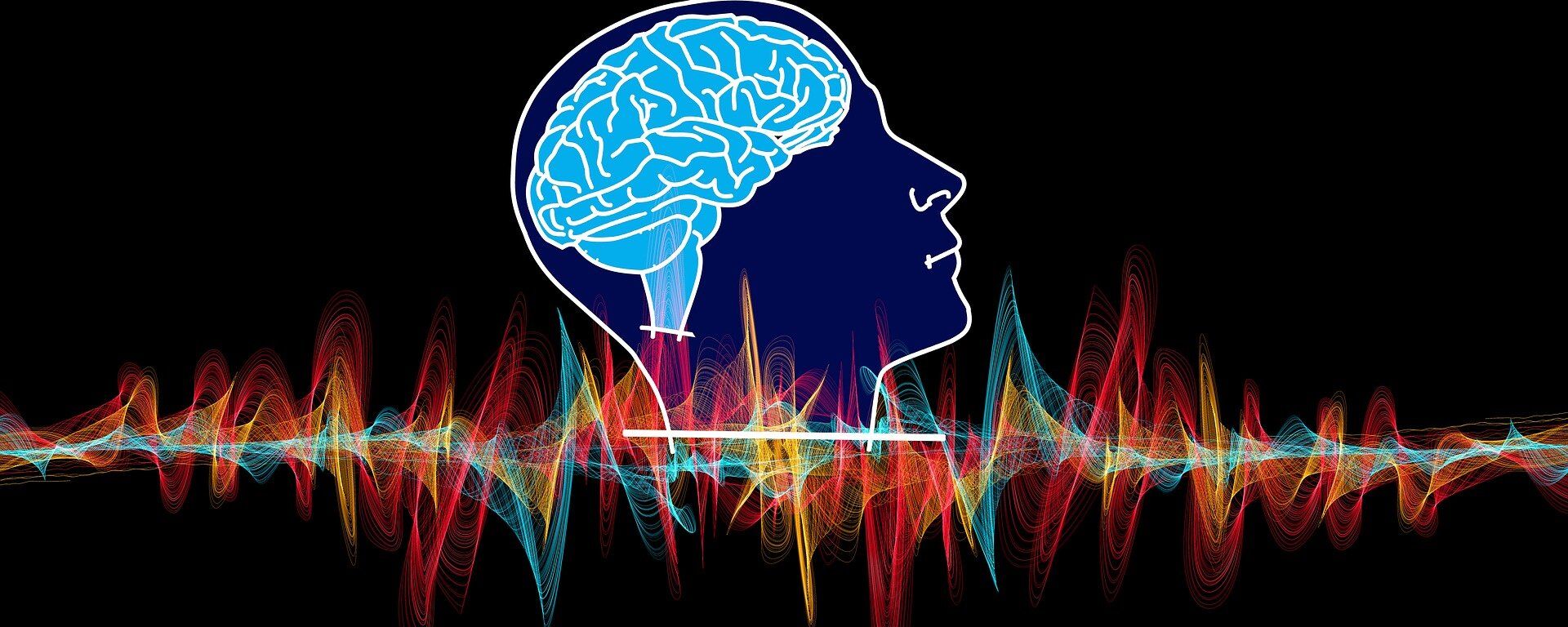The review represents the first ever scientific paper outlining how antipsychotic medication should be reduced to minimise both the body's withdrawal effects and the risk of relapse. With more on this story, we spoke to the lead author of this research, Dr Mark Horowitz, a clinical research fellow in psychiatry at UCL.
Sputnik: What do the findings of this paper represent with regard to antipsychotic medication?
Dr Mark Horowitz: Antipsychotic medication is used in the treatment of schizophrenia and other serious mental illnesses. It can be useful for repressing people's symptoms, and it might reduce people's chance of relapsing but so far there has been no guidance on how to stop these medications, and it's important that psychiatrists think about how to stop medications like this because for some people they can cause quite severe side effects. We need to constantly evaluate whether the drugs are doing more harm than good and if they are then we should stop them. Up until now there's been no published guidance on how to stop antipsychotics.
There's been a lot of focus on how to start them, what doses to use, and what to switch them to, but at the moment there is no detail to that and so it's very hard for doctors to follow. As a result, doctors are pretty reluctant to stop these medications because there's such a lack of guidance around this, and so what we've done is really written the first paper looking at the way these drugs act on the brain to develop some guidance for a rational way to stop them. What we're suggesting is that people need to stop these drugs very gradually and that's because there's a risk of withdrawal effects from the drugs.
Sputnik: How widespread is the issue of side effects and negative symptoms for individuals trying to come off these drugs? Is there enough support in place?
Dr Mark Horowitz: These drugs are very potent. They can cause people to put on large amounts of weight, which can have an effect on their cholesterol and give them diabetes, and increase their risk of having heart disease or strokes. We now know that these medications also cause shrinkage of the brain over time, they can also cause movement disorders when people get jerkiness in their limbs and in their faces, which can be permanent. In general, doctors stop drugs quite quickly, if you can stop a drug quickly, as I mentioned, you can get withdrawal effects, and that can lead to people making the wrong conclusion that you need the drug when they interpret those withdrawal effects as signs of someone's underlying illness coming back.
We hope that having clearer guidance will give greater confidence to psychiatrists who want to either reduce a patient's dose, or stop medication to do so, and also give an option for patients, because patients become extremely frustrated being on these drugs, it can impair their ability to live their lives, to work, to have relationships, and so many people on these drugs would like to reduce and stop them. Sometimes, when their doctors don't agree with that plan, they go and do it themselves anyway and they often do it in the worst possible way, which is stopping the drugs abruptly in one day, which is the way that is most likely to give you trouble coming off them. So, I think it will help restore some trust between patients and doctors if they can go to their doctors and tell them that they want to come off them, and the doctors have a rational way to do that.
Sputnik: How will this impact treatment?
Dr Mark Horowitz: We live in the modern age, people's views need to be taken seriously, and if patients are saying that they find that these drugs are more harmful to them than helpful, then that is possibly the case, and we need to provide them with more options then we have been. That means that some people need to be on very low doses of medication, and others can be on no medication, then we need to think about that. There are a few interesting initiatives around that might provide better options then medication. So, for example, there is an approach called open dialogue, which is essentially it's a family therapy-oriented approach, it's shown very good results in Scandinavia, which helps people to work with their network to try to make sense of their experiences.
There's also another study that showed that people who are taken off their medications slowly, actually have better functioning in the long term - that means working, studying, having relationships, living independently. I think it is possible [that] there will be a step change in the way that patients with schizophrenia are treated and those will happen quickly where medications are still used because they certainly have a useful role to play, but in the long term there might be other options that have less side effects and effects on people's lives. That should be the goal of 21st century psychiatry, to try to work out those other options because we owe it to patients to give them the best possible care and that means constantly innovating and looking at new ways of doing things rather than just sticking to traditional dogma.




